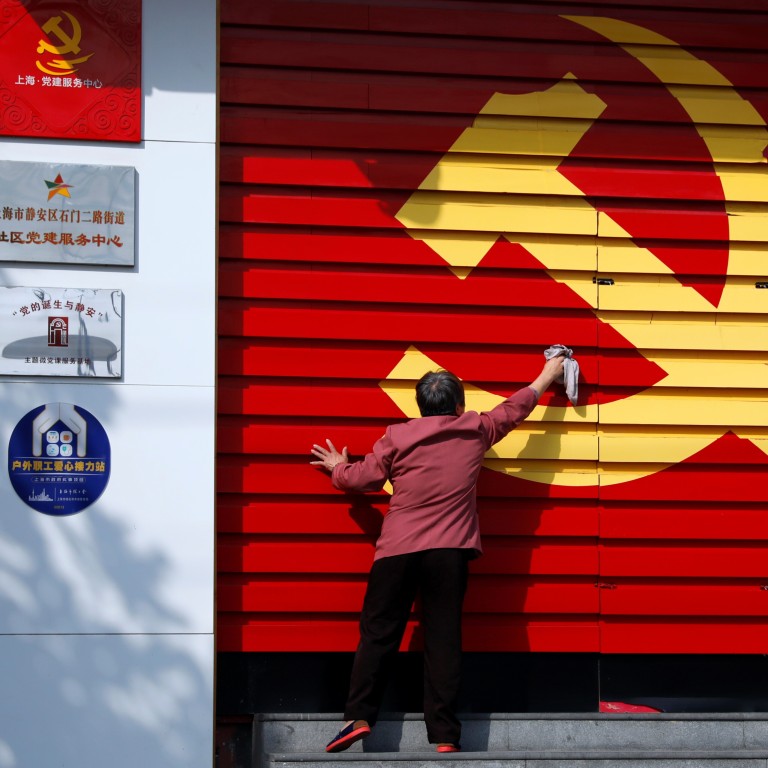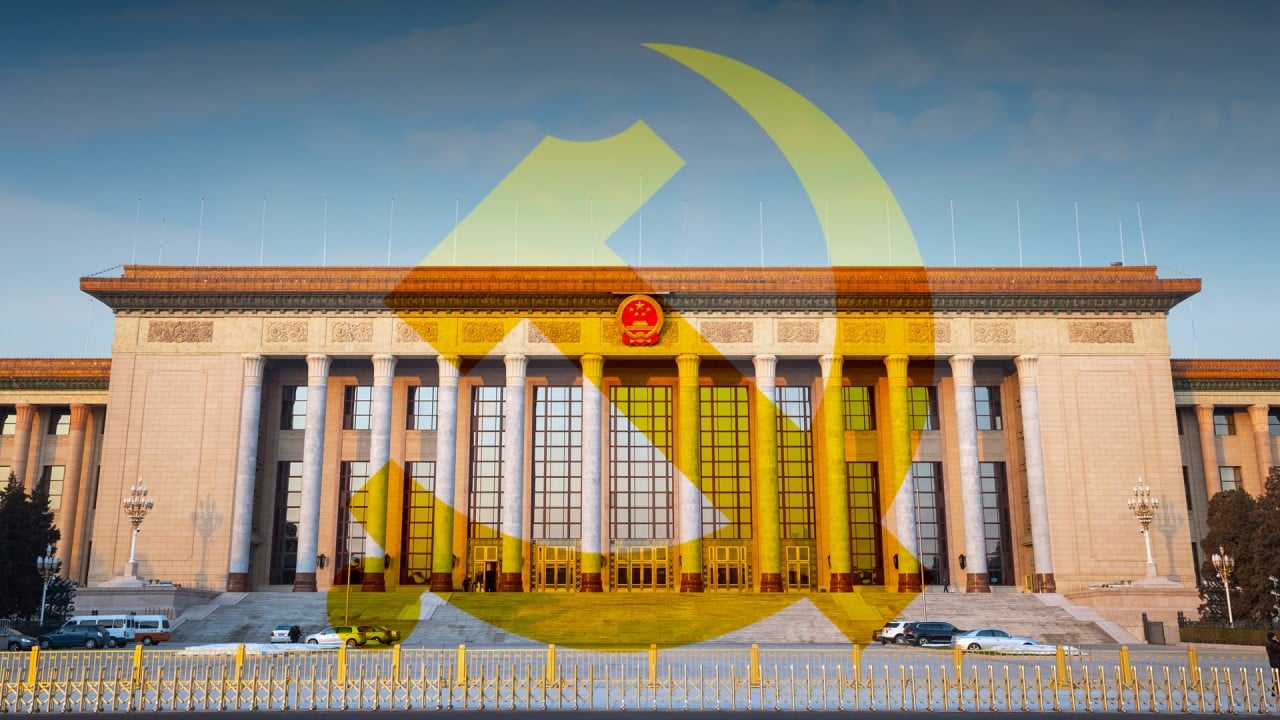
China prepares for Communist Party celebrations with crackdown on ‘illegal’ NGOs
- Civil affairs ministry tells public to be alert for unregistered social groups trying to raise funds in the run-up to the party’s centenary later this year
- Government accuses some organisations of illegal fundraising and says they are jeopardising social stability and ‘sullying the party’s image’
China has announced a nationwide crackdown on “illegal social organisations” in the run-up to the Communist Party’s centenary celebrations in July.
On Monday, the Ministry of Civil Affairs, which supervises groups such as non-governmental organisations, said the latest crackdown focused on bodies that had not registered with the authorities and those that continued their activities after being banned from operating.
The ministry’s website said it had banned at least 77 illegal social organisations this year for “fraudulent” activities.
It warned that some of these bodies had disguised themselves as health research organisations, national studies societies or religious groups and were trying to use the party centenary to raise funds.
“[We] must keep a clear mind about the fact that there are still breeding grounds for illegal social organisations and illegal social organisations have remained active,” a notice from the ministry said.

06:45
SCMP Explains: How does the Chinese Communist Party operate?
“They have disturbed the orderly management of the registration of social organisations, polluted the development environment, eroded the properties and assets of the relevant institutions and people, jeopardised social stability and economic development and sullied the image of the Communist Party and the government,” it said.
The notice made clear that the crackdown was to create “a good environment” for the centenary celebrations.
Beijing maintains tight control over NGOs and other similar groups for fear they will oppose the party’s rule.
China orders clergy to toe Communist Party and socialist line
Jia Xijin, deputy director of the Institute of Philanthropy at Tsinghua University in Beijing, warned that the latest initiative might undermine the work of legitimate NGOs.
“This notice will have a negative effect on NGOs and reflects a change of direction,” Jia said.
She said China had a large number of social organisations that were not registered with the authorities.
“Working together since the 1990s, the academic circle, the professions and the government reached a basic consensus that the best way to supervise [social organisations] was to lower the thresholds for registration and improve supervision at the same time,” she said.
“But strengthening regulation without a premise of lowering the threshold is not the right way to reform.

“The consequence is that many social organisations will cease to exist and [we will lose] the benefit of public participation. It would be hard for socially initiated NGOs to become established legally, regardless of the benefits they can bring to society.”
Jia disagreed with the ministry’s suggestion that the notice was like a present for the celebration of the Communist Party’s centenary, saying: “The most valuable governance experience of the party is opening up and reform. Shouldn’t the social governance policy reflect such a value as well?
“Lowering the threshold for registration for social organisations while requiring legal legitimacy: that’s reform.”
China’s Communist Party revisits the past to regroup for future
Another academic, based in the eastern province of Zhejiang, highlighted Beijing’s desire to maintain a stable social environment ahead of the centenary.
“Different departments and ministries need to do something to show that they are serious and active in ensuring overall stability in the country,” said the scholar, who declined to be named.

